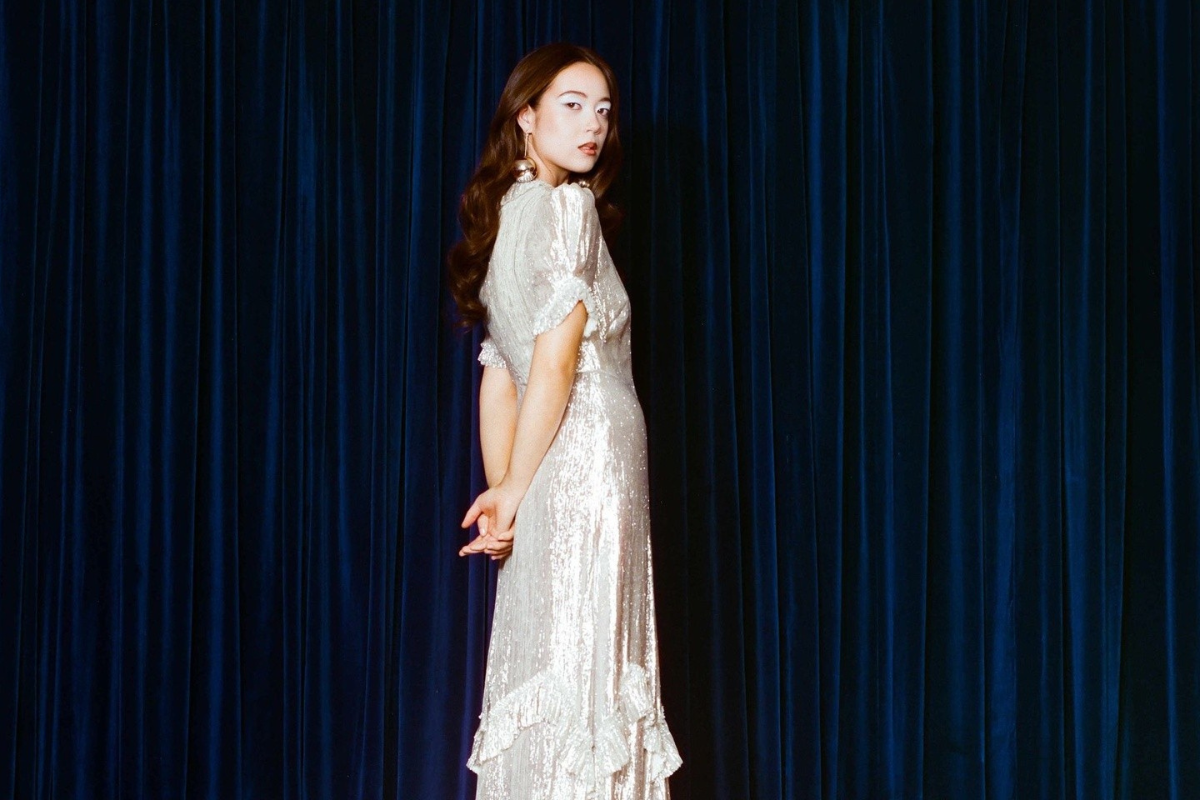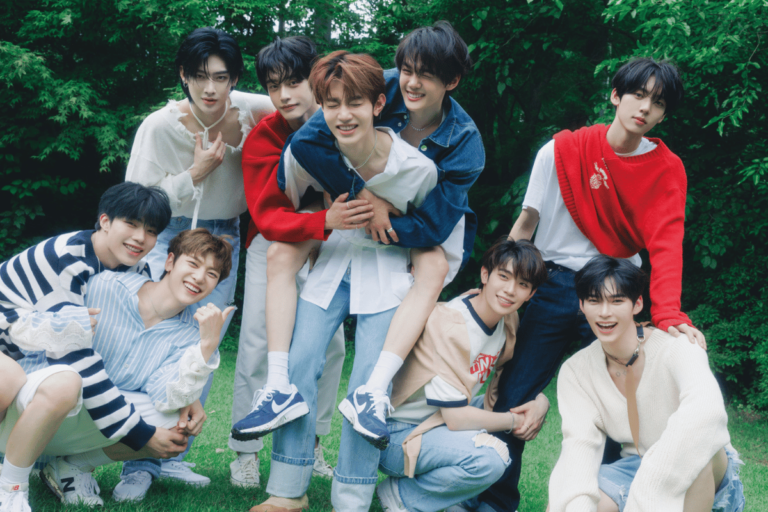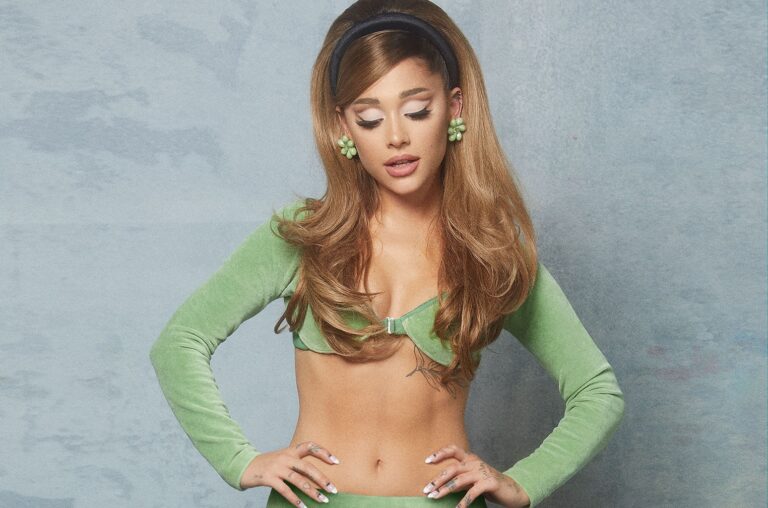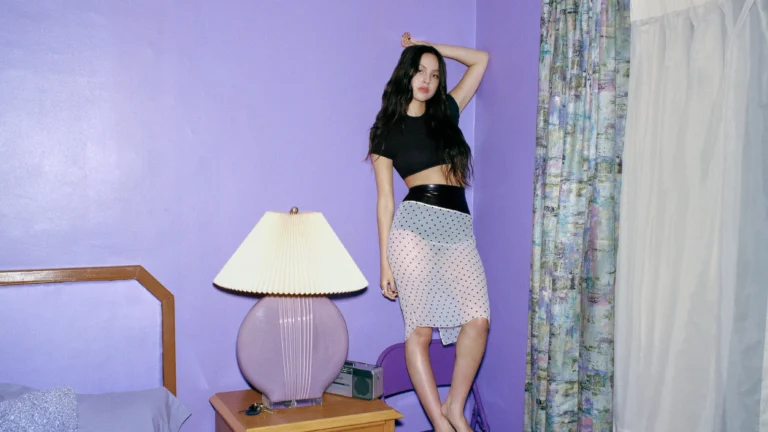Laufey Breathes New Life into Crooner Jazz with Bewitched: Goddess Edition
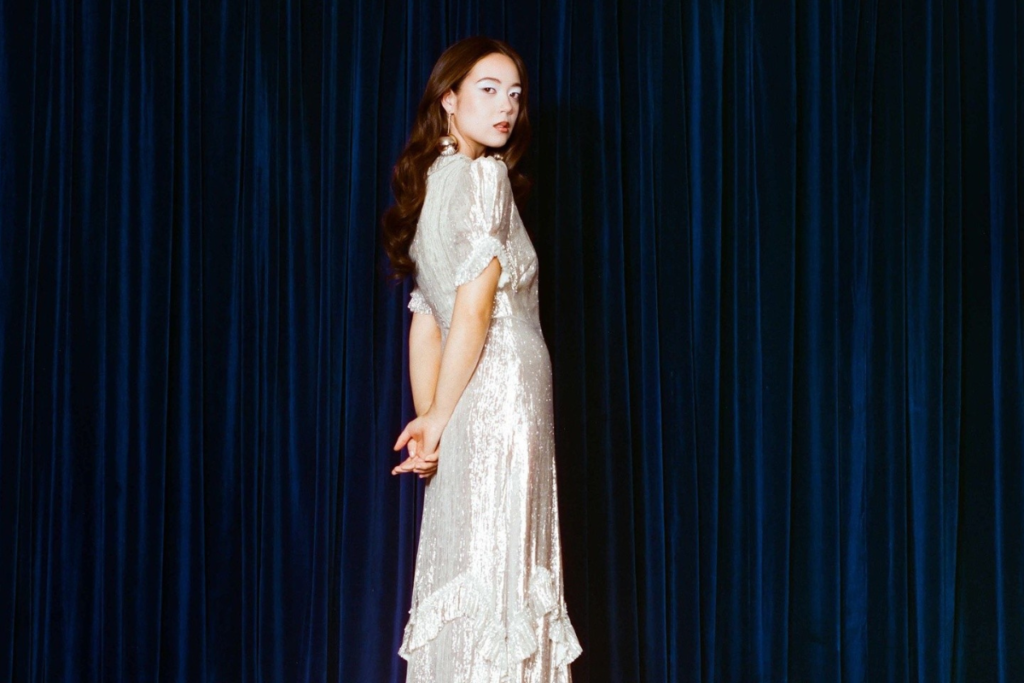
Safe to say that we’re totally obsessed.
Lately, there’s been a full-blown resurgence of music fans gravitating towards the lovestruck, yearning jazz classics, reminiscent of icons like Billie Holiday, Etta James, and Vera Lynn. It’s fascinating to consider why this genre has struck such a chord with today’s listeners. Perhaps it’s because our generation craves the feeling of nostalgia. A time before TikTok and Instagram — a time where hopeless romantics were seen through the same rosy lens that these legendary artists so carefully curated with their loving lyrics and romantic sounds.
Throughout, this resurgence has played a significant role in the growing popularity of Icelandic-Chinese artist Laufey. A composer, singer, producer, and multi-instrumentalist, Laufey gained much of her popularity during the pandemic on platforms like TikTok and Instagram. With an outstanding 20 million monthly listeners on Spotify and fresh off her Grammy win for Best Traditional Pop Vocal Album at the 66th Annual Grammy Awards (2024), she has been praised by critics and fans for reviving a dwindling genre, thrusting it back into the mainstream, and enhancing it with her unique contemporary flair.
Laufey’s most recent album, Bewitched: Goddess Edition, has truly enchanted us—some might say, body and soul. Deeply rooted in the classic styles of jazz legends, the album carries an old-timey crooner edge that leaves us all with blushed cheeks and a heart full of love, romance, and connection. The listener is introduced to Laufey’s idyllic dream state instantaneously with the album’s first song, Dream—and a dream it is. With timeless harmonic melodies, Laufey sets the tone, outlining the trials and tribulations of finding love—an experience we all know a little too well. The first track feels like a statement from the psyche, showing us the walls she has built, singing, “no boy’s gonna kill the dreamer in me,” yet, sometimes we have no certain control over who we love, and who we let love us back.
Bridging into the second track, Second Best, Laufey displays the ache we feel when we trust someone with our entire soul and being, but somehow we remain second best. We yearn, and some might say we burn, to be seen, to be held, to be loved by another. We can make somebody our world only to place second, every… single… time. Second Best feels like a sting on the heartstrings but remains relatable. Her humming tones keep the listener engaged, especially when merged with the wistful strum of acoustic instruments.
Letters to My 13-Year-Old Self feels deeply personal, with lines like “Don’t worry ‘bout your curly hair, clothes that don’t quite fit you anywhere” and “I’m so sorry they pick you last.” These lyrics resonate with the universal pain of adolescence, capturing the awkwardness and loneliness we all felt during those years. Laufey perfectly expresses how isolating it can be to feel unseen and to watch those around you fall in love, capturing the struggle of being overlooked. Ultimately, Letters to My 13-Year-Old Self is a declaration of healing to her past self. It’s a promise that she will grow confident, that love will find her. Laufey’s delivery reassures us all that even in our most insecure moments, there is always something for us to love about ourselves.
The album reaches its zenith with the album’s most daring ballad, Goddess. This track stands in fierce contrast to the first track of the album, dreamer. It serves as a counter to those who tried to diminish her essence and succeeded. It eloquently portrays the difference between the divine presence she exudes on stage and the vulnerability she feels in solitude, where performance and costumes serve as her armour. Someone sought to reshape her into their vision of ideal femininity, an experience that is universally shared with most women. Laufey’s haunting voice resonates like the song of a heart echoing through the ancient corridors of an old cathedral, leaving an indelible impression on the soul.
In sum, this resurgence of jazz and heartfelt ballads has not only revived a beloved genre but also introduced a new generation to the timeless beauty of lovestruck melodies. Laufey’s Bewitched: Goddess Edition is a testament to music’s enduring power to evoke deep emotions and forge connections across time. After all, that’s what music is all about—unveiling the truth hidden within the shadows of our deepest sorrows, loves, and thoughts.

